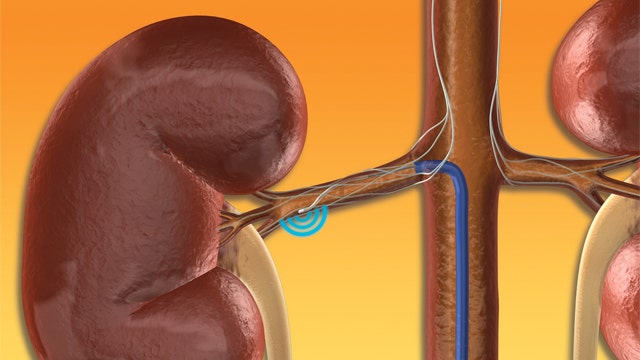Kidney disease, also known as chronic kidney disease, is a life-long condition in which the kidney gradually loses function. About 26 million American adults have chronic kidney disease, according to the National Kidney Foundation. Millions of others are at an increased risk for developing the disease and are not aware of it.
With the progression of kidney disease, wastes build up in your blood. As a result, complications can occur such as high blood pressure and high potassium levels – which can impair heart health, cause central nerve damage, anemia, and poor nutritional health, weaken bones and decrease immune response. It also increases your risk for heart and blood vessel disease. Kidney disease can eventually causes kidney failure and death. And the only way to treat kidney failure is with dialysis or a kidney transplant.
If you have high blood pressure, heart disease, high cholesterol, or if you smoke, are African-American, Native American or Asian-American, are 65 or older, or have a family history of kidney disease, you may be at an increased risk for chronic kidney disease.
With early detection and treatment, the progression of kidney disease into kidney failure can be prevented. As a new preventative initiative, people are now encouraged to do a urinalysis at home to check for early signs of the disease. Having this simple test can help find kidney disease early.
A urinalysis is a simple urine test which looks at a small sample of your urine. It is used to determine if you have infections, kidney problems, and early warning signs of chronic kidney disease, diabetes, or liver disease. A urinalysis tests for acidity, protein, glucose, white blood cells, bilirubin, and blood. In the case of chronic kidney disease, protein is the marker to check for early signs of the disease.
Protein should not appear in our urine. Our kidneys function by removing wastes and extra water from the body. However, it does not remove what our bodies need, such as protein. But when the kidneys are damaged, protein leaks into urine. If protein is found in your urine, it means the kidneys’ are not filtering properly and are damaged – an early sign of kidney disease. Usually, having protein in your urine for three or more months is a sign of kidney disease.
Here are some tips to maintain good kidney health:
- Get tested (urinalysis, glomerular filtration rate blood test, albumin-to-creatinine ratio urine test).
- Reduce NSAID use.
- Exercise regularly.
- Hydrate.
- Eat less processed foods.









































